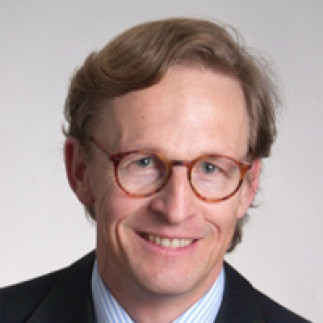Cette conférence sera prononcée par le professeur Hendrik Zipse du Département de chimie la Ludwig-Maximilian-Universität à Munich, Allemagne dans le cadre du programme d'échange international JCE MolChem. Elle sera donnée en anglais.
Résumé : Nucleophilic organocatalysis is a rapidly developing area in contemporary catalysis research and involves the catalytic activity of Lewis bases such as aliphatic amines, pyridines, or phosphanes. For the acylation of alcohols as a process of outstanding synthetic relevance we have developed new pyridine catalysts. These catalysts exceed the catalytic activity of the 'industry standard' DMAP by a large margin. As a guideline for the development and optimization of these catalysts we have used theoretically calculated data for the affinity of potential catalysts towards model electrophiles such as the methyl cation and the acetyl cation. The calculated acetyl cation affinities are particularly well suited for the development of acylation catalysts, because they concern a central intermediate of the catalytic cycle. This has also been shown in mechanistic studies, in which the formal rate laws for the acylation of structurally diverse alcohols have been determined. Building on these mechanistic insights the new catalysts have been employed to develop a simple direct esterification protocol using Boc2O as the activating agent.
Information supplémentaire sur le conférencier
Information supplémentaire sur JCE MolChem

